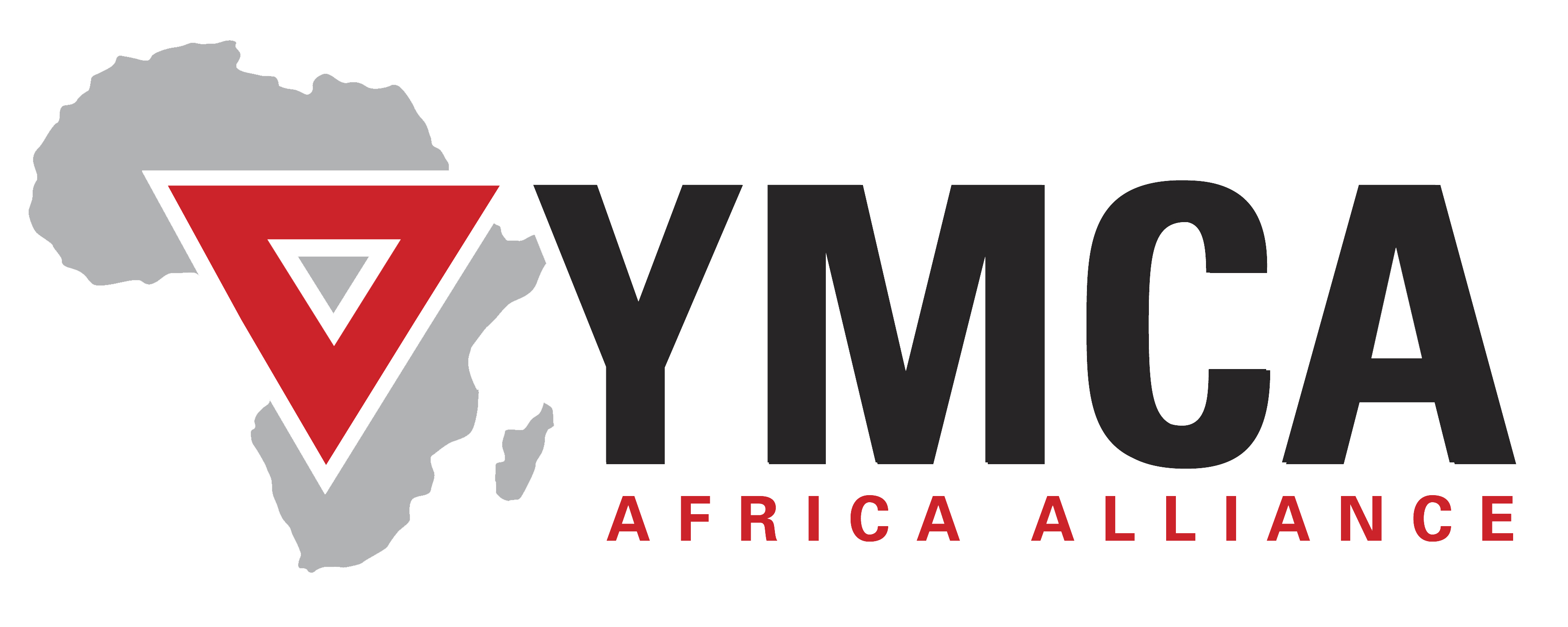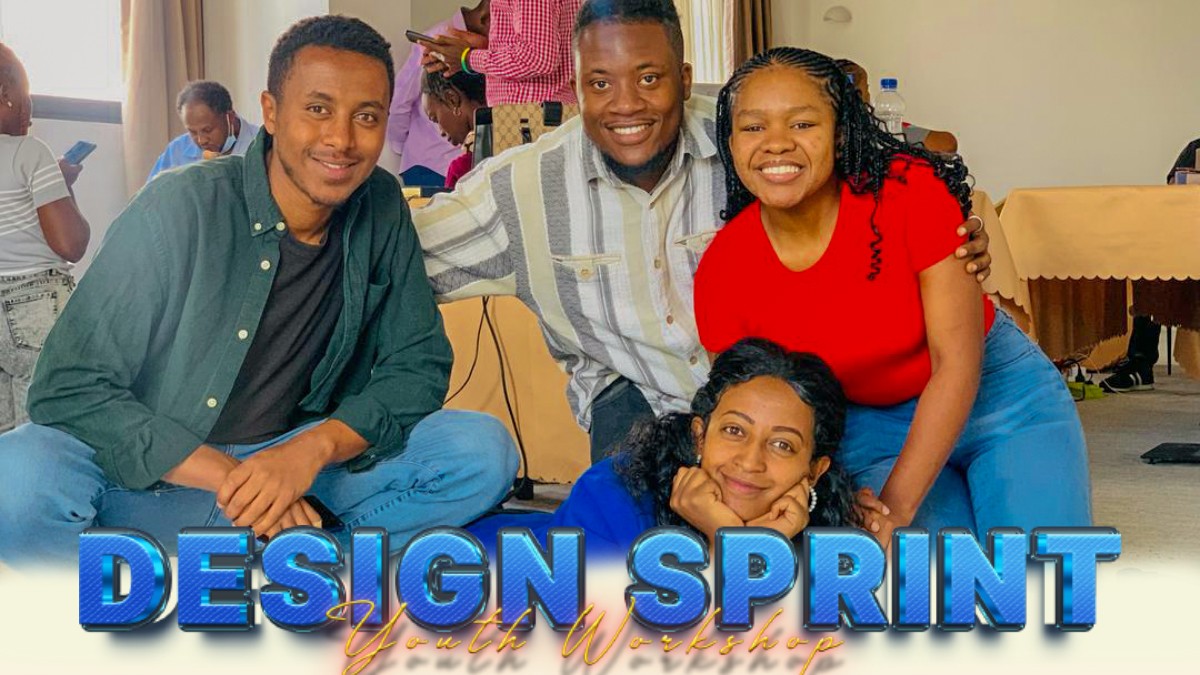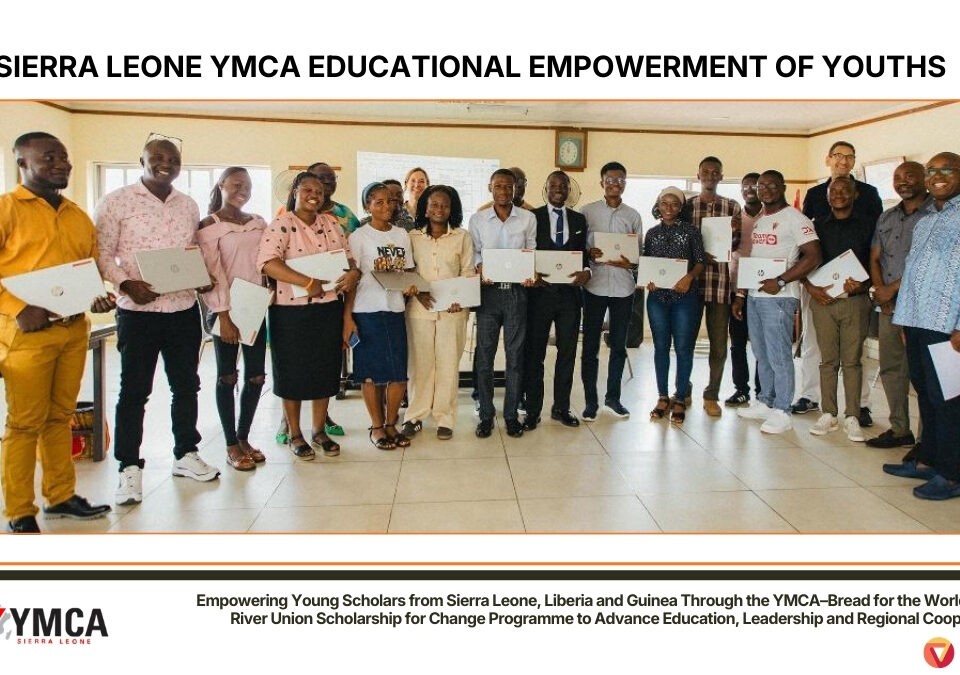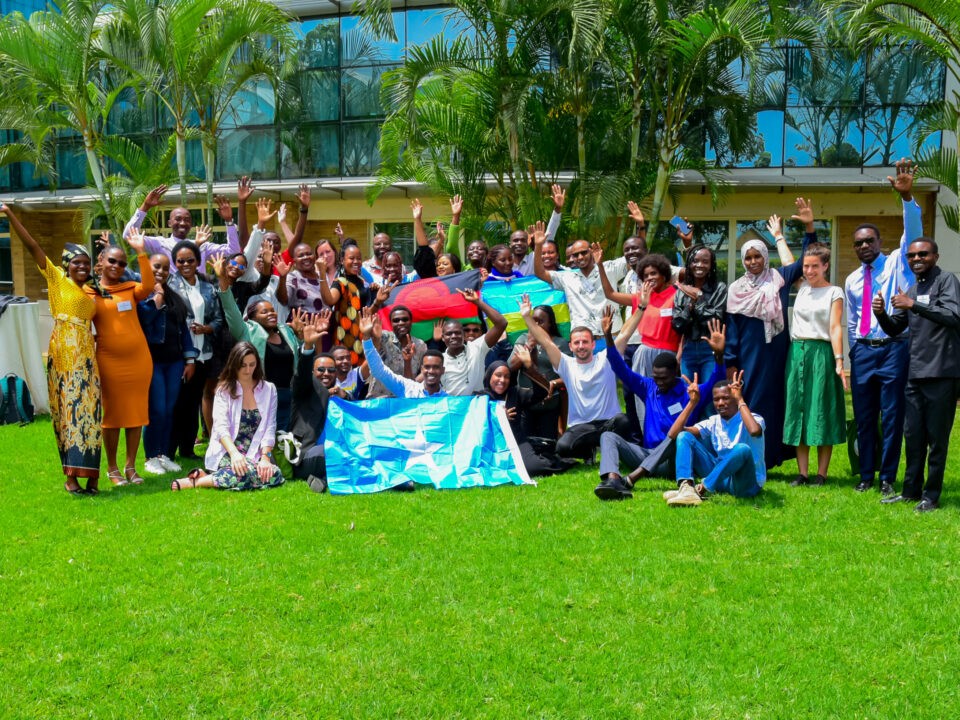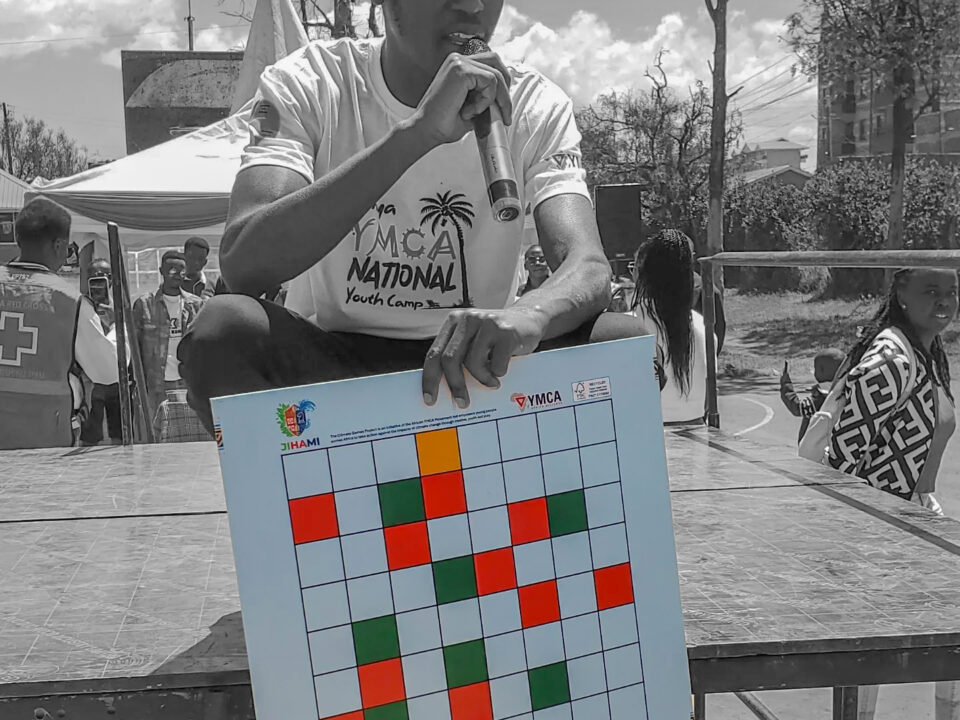Designing Peace: Africa YMCA’s Youth Advocacy Playbook Workshop

Africa Alliance of YMCAs Executive Committee Meeting: A Vision for Impact
04/05/2025
AAYMCAs National General Secretaries Meeting 2025: Uniting for Innovation and Impact
19/05/2025From May 5 to 9, 2025, the Africa Alliance of YMCAs hosted a transformative Design Sprint in Addis Ababa, Ethiopia, uniting youth and staff from eight African countries—Ethiopia, Kenya, Gambia, Togo, Senegal, Burundi, Cameroon, and South Africa. The purpose: to co-create a Youth Peace & Security (YPS) Advocacy Playbook, a practical and inclusive tool to help young Africans drive peace efforts in their communities under the guiding framework of UNSCR 2250.
Facilitated by the team from AAYMCA comprising of Lloyd Wamai, Raymond Munene and Fion Mfenqa, the week-long workshop emphasized human-centered design, collaborative learning, and strategic innovation—anchoring YMCA’s commitment to youth-led change. Below is a day-by-day summary of the key moments and progress.
Monday, 5/05/025: Setting the Stage for Co-Creation
The design sprint began with an orientation to the human-centered design approach, which positioned youth not just as participants, but as co-designers of the advocacy playbook. Teams engaged in initial brainstorming, identified shared challenges in youth peace advocacy, and aligned on the vision and scope of the toolkit. Early discussions emphasized the importance of grounding the playbook in grassroots realities across diverse African contexts.
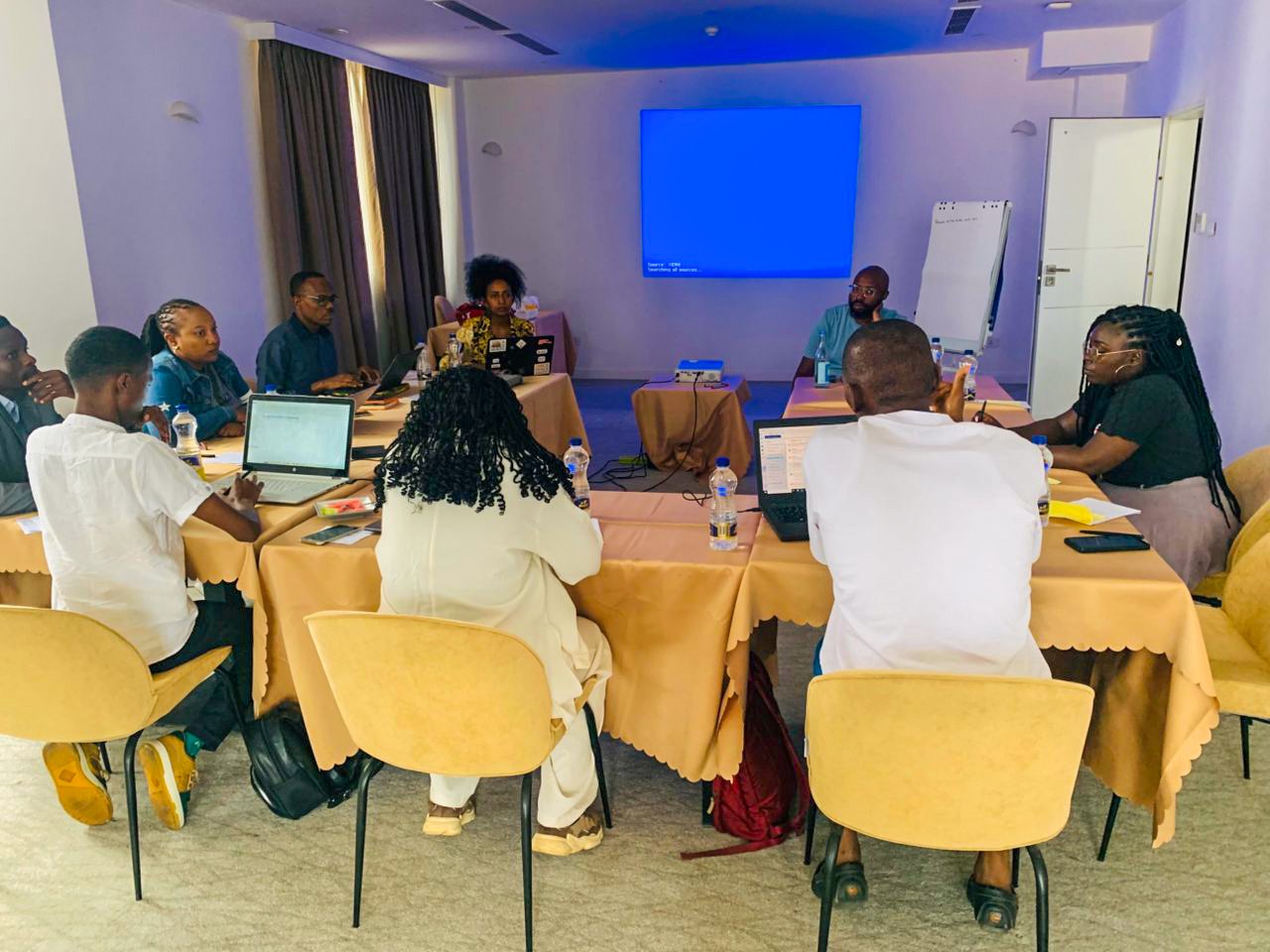
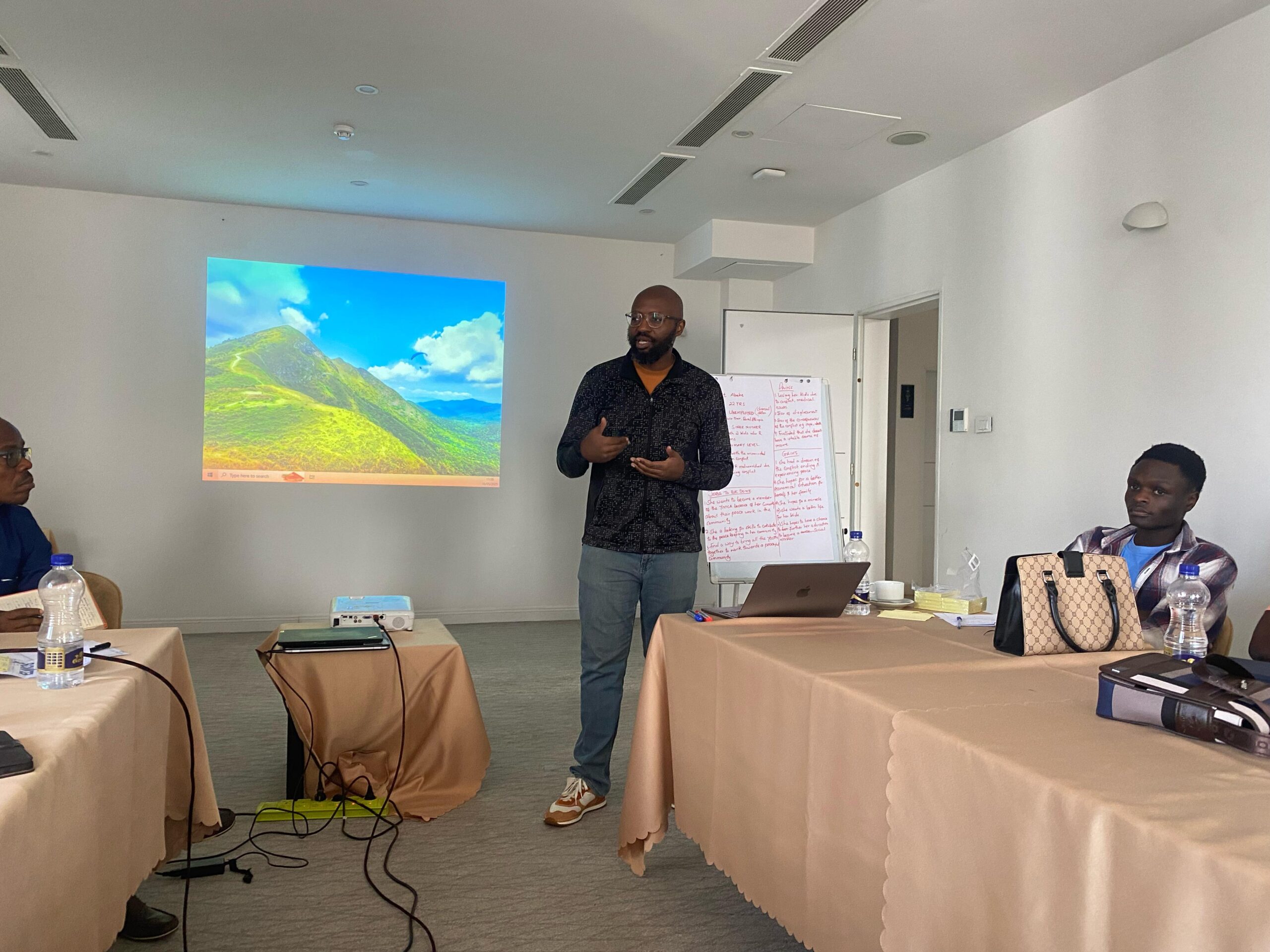

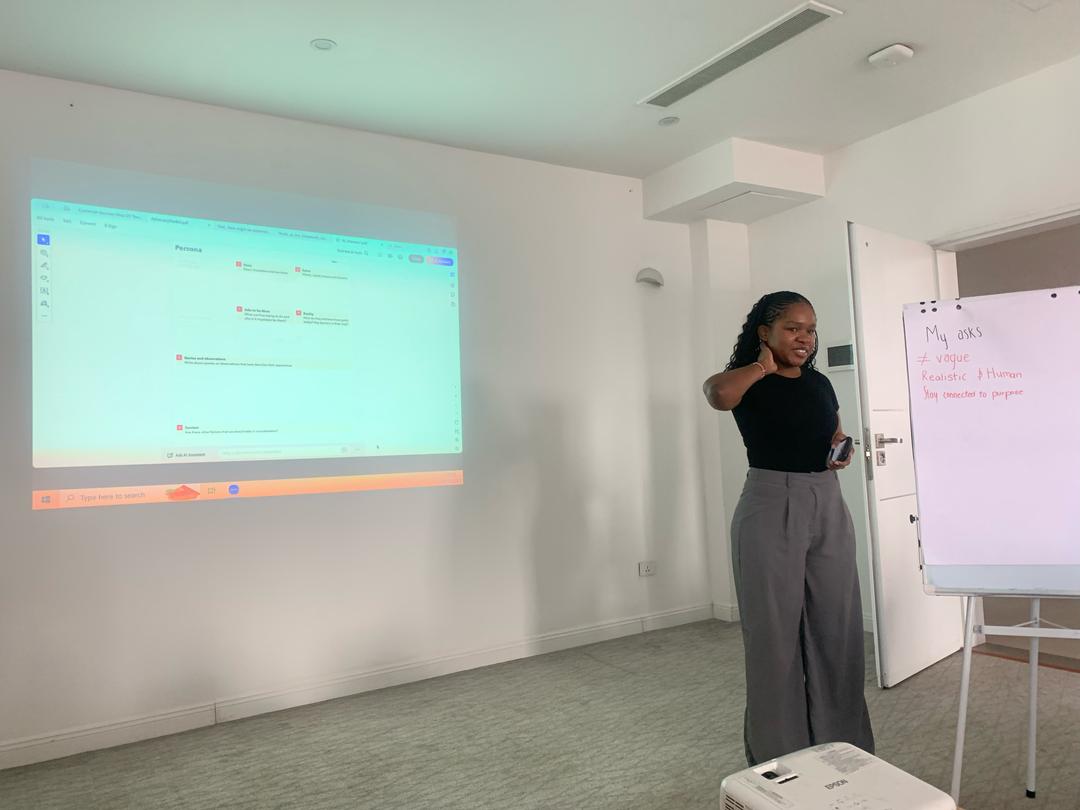
Tuesday, 6/05/025: Introducing Tools and Regional Contexts
Participants were introduced to the Design Thinking Toolbox, equipping them with structured methods to approach ideation and solution-building. The session also featured a presentation of YMCA Finland’s “2250 – A Brief History”, providing historical insight into the evolution and global application of the UN’s Youth, Peace & Security framework. A standout moment was the session with Joshua Quaye, AU Youth Division’s Engagement Lead, who shared the AU’s 1 Million Next Level Initiative, reinforcing the workshop’s alignment with continental youth strategies.
Wednesday, 7/05/025: Deepening Empathy and Drafting Content
Day three was centered on understanding the needs of youth advocates through the development of personas—detailed profiles that represented various types of end-users of the playbook. These personas were used to map out advocacy environments and stakeholder ecosystems. Using insights from this exercise, participants began drafting key sections of the playbook, outlining chapters on advocacy methods, community mobilization, and peacebuilding principles. Collaboration was at the heart of the process, as ideas were cross-shared and refined.
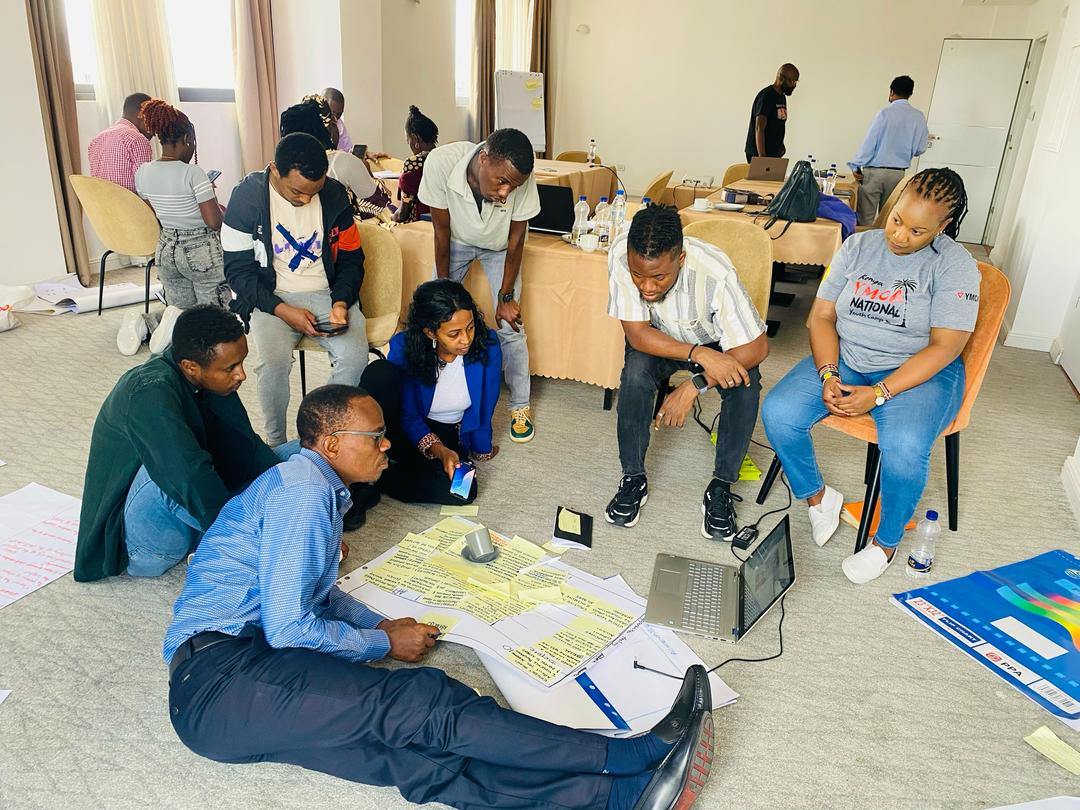
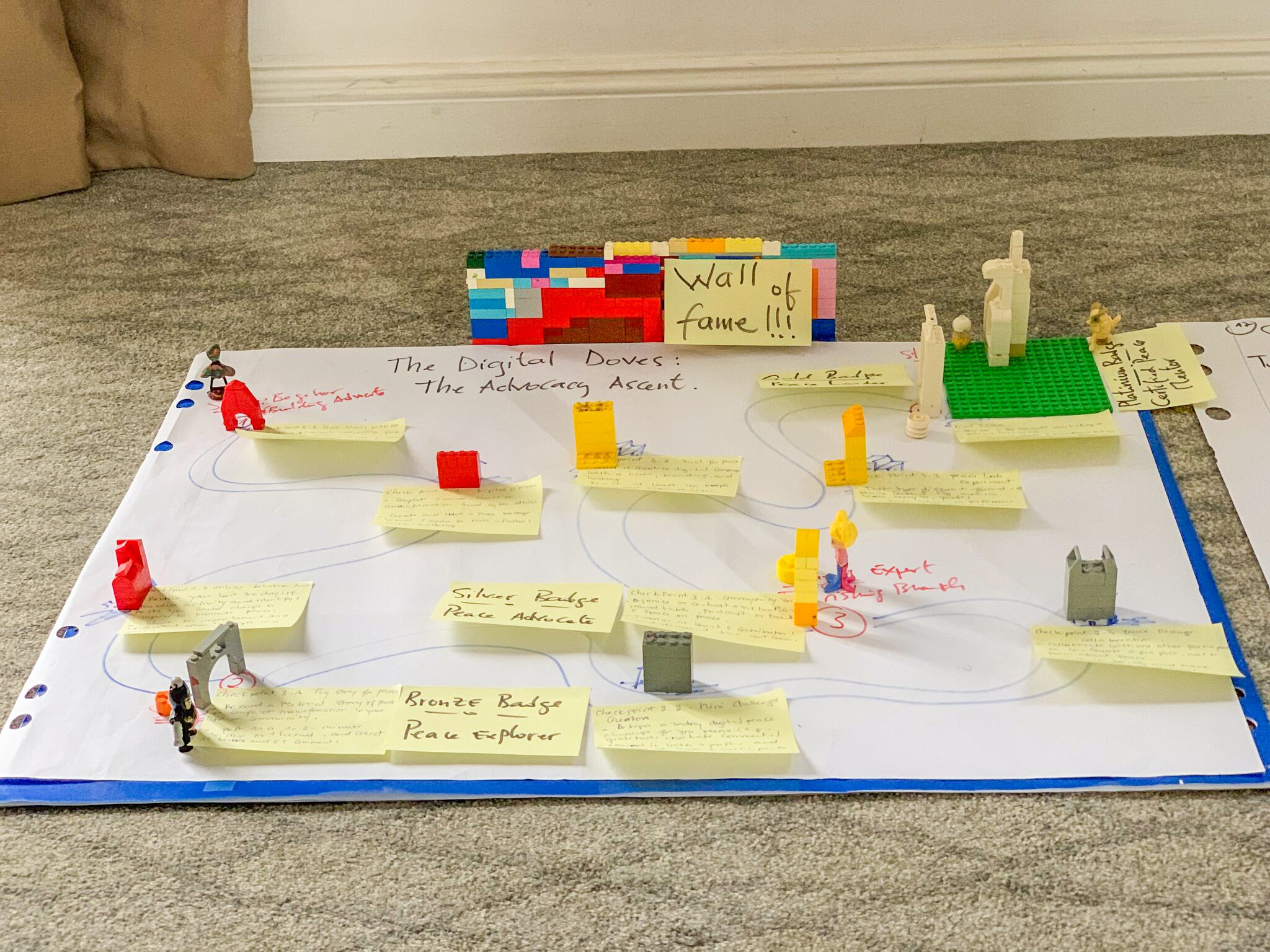

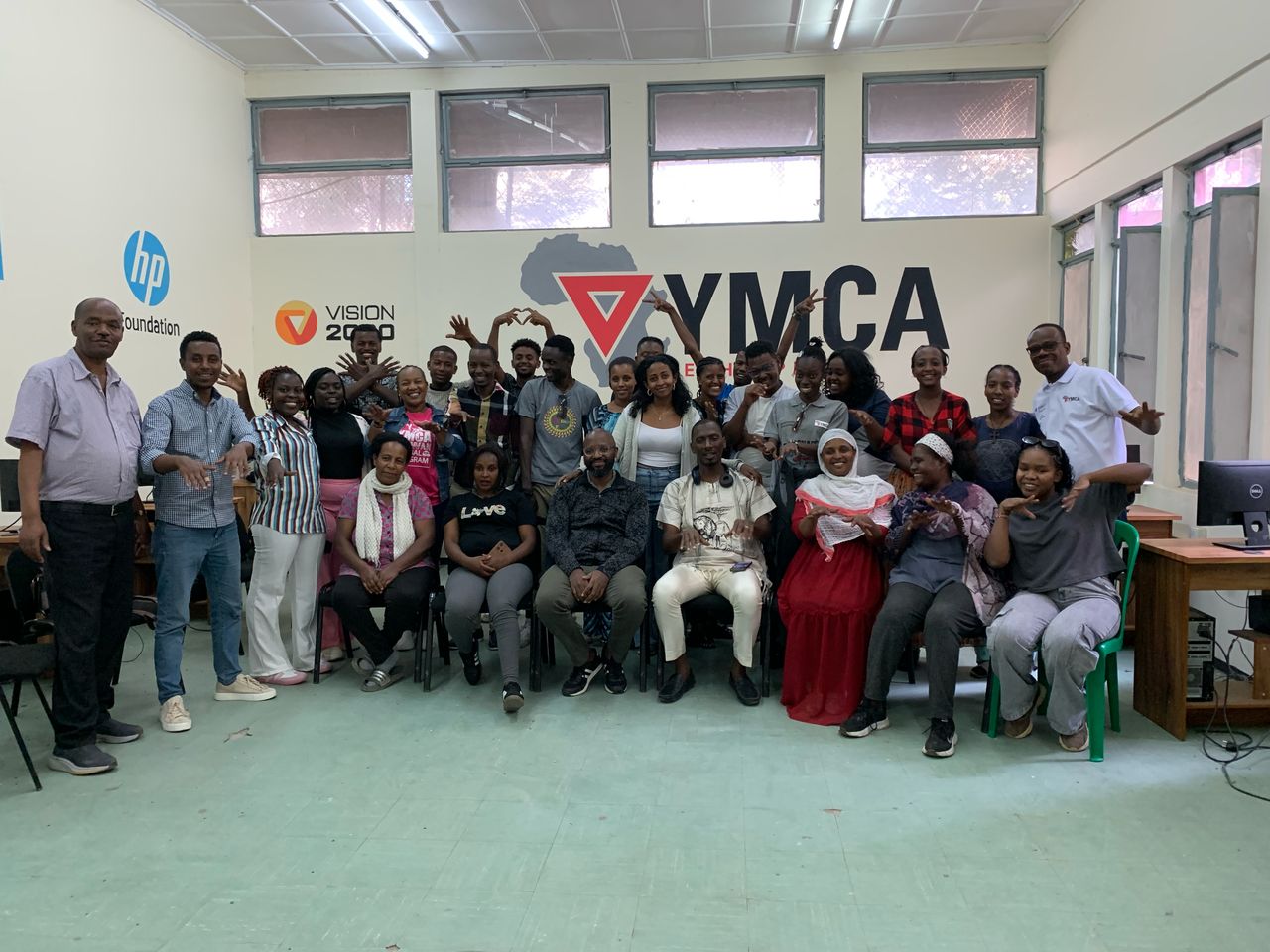
Thursday, 8/05/025: Refining the Drafts
Participants reviewed and consolidated their initial drafts into two complete versions of the advocacy playbook. Teams worked through language clarity, flow, and cultural relevance to ensure the content would resonate with youth across regions. The drafts were strengthened with practical examples, interactive exercises, and simplified YPS concepts, while remaining aligned with the five pillars of UNSCR 2250. The day was also highlighted by Ethiopia Tilahun, Vice President of the Africa Alliance of YMCAs, who commended the initiative and encouraged youth to remain leaders in peace advocacy efforts. The day concluded with a shared sense of readiness to test the work with actual youth users.
Friday, 9/05/025: Field Testing and Strategic Feedback
On the final day, the playbook prototypes were tested with youth members from the YMCA Ethipia, Addis Ketema Branch. This real-world feedback session offered invaluable input on usability, content clarity, and overall relevance. The testing validated much of the co-created work and also offered suggestions to improve the final version.
With strong momentum and clear direction, the playbook now enters its final phase of refinement and production. The Africa Alliance of YMCAs will lead the consolidation of insights and recommendations into a finalized version, with plans for broader pilot testing and phased rollout across member movements. The goal is to ensure every YMCA youth advocate has access to a practical, empowering resource that helps translate UNSCR 2250 into community-level action.
This workshop reaffirmed the power of design-led collaboration and the strength of pan-African youth unity. It demonstrated that when youth are equipped with the right tools, they can lead with confidence, build peace, and shape inclusive societies from the ground up.

